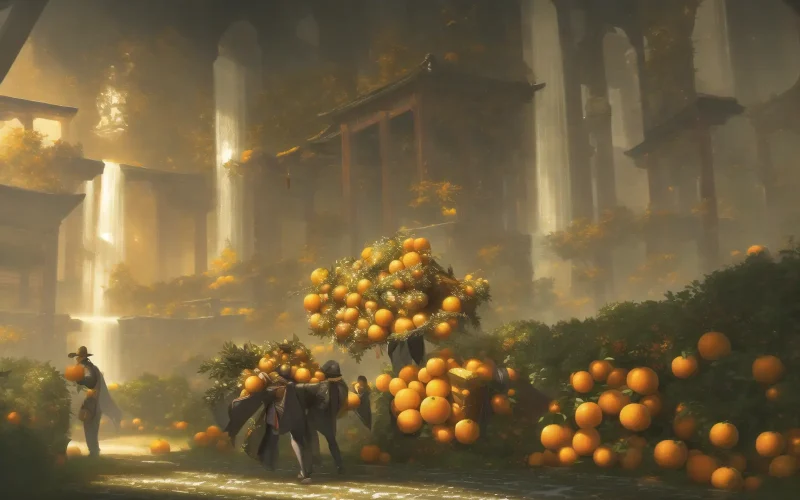The aftermath of the sound spins around the roof beam for three days. It describes the beautiful sound.
Idiom Pronunciation:
绕梁三日
rào liáng sān rì
Origin:
《列子·汤问》:“昔韩娥东之齐,匮粮,过雍门,鬻歌假食,既去而余音绕梁,三日不绝,左右以其人弗去。”
Story:
During the Warring States period in China, a woman named Han E came to Qi, because she was hungry all the way and had been out of food for several days, so she sang for food at the southwest gate of Linzi City in Qi. Her beautiful and melodious song deeply touched the heartstrings of the audience and left a deep impression on people. Three days later, people still heard the afterglow of her song lingering between the beams, and people said that Han E's song "the afterglow lingers for three days".
Han E stayed in an inn, but because of her poverty, the innkeeper was very rude to her and insulted her. Her voice was so sad that everyone who heard her song felt as if they were immersed in grief. The innkeeper had to invite her back to sing a happy song. Han E "repeatedly sang a long song for Man Sheng", and the crowd "jumped for joy and could not help themselves", and the atmosphere was suddenly cheerful, forgetting all the previous sorrow. The song is so touching that it is even more so.
Han E's song is so melodious that it seems to be echoing in the ears and floating between the beams a few days later. Therefore, later generations have the idiomatic allusion of "绕梁三日" and "余音绕梁".
Similar Idioms:
- 余音绕梁












